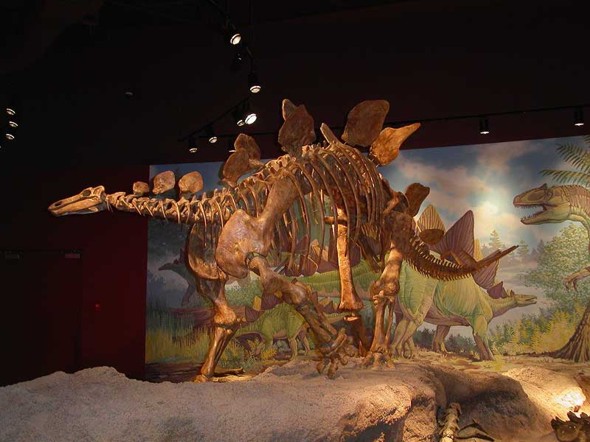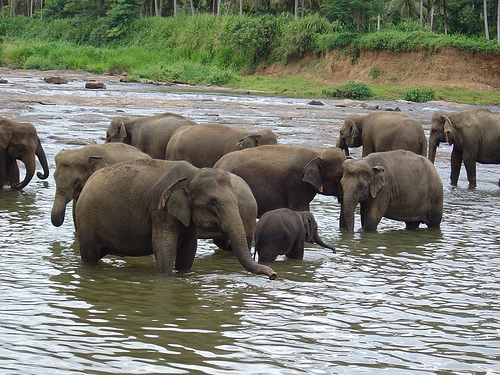Searching Out New Ranges for America’s Wild Mustangs
 October 8, 2009
October 8, 2009  Kyriaki (Sandy) Venetis
Kyriaki (Sandy) Venetis  Wild mustangs. Photo courtesy of National Geographic.
Wild mustangs. Photo courtesy of National Geographic.
While having descended from domesticated horses brought here by early Spanish explorers, the American wild mustangs have always embodied virtues that we also pride in ourselves, such as strength, endurance, determination, and freedom.
Still exemplifying these virtues, the horses have experienced a powerful resurgence over the last four decades since the Wild Free-Roaming Horses and Burros Act was passed in 1971.
The law made it illegal to slaughter these animals as a method of population control or providing meat for dog food. The horses and burros were seen as competitors with domestic livestock for grazing lands.
Today, these federally protected animals are being threatened by their own successful comeback. They are eating themselves right out of their own protected ranges.
 animal rights,
animal rights,  eco-tourism,
eco-tourism,  legislation,
legislation,  wildlife | tagged
wildlife | tagged  conservation,
conservation,  eco-tourism,
eco-tourism,  wild mustangs. wild burros
wild mustangs. wild burros 

